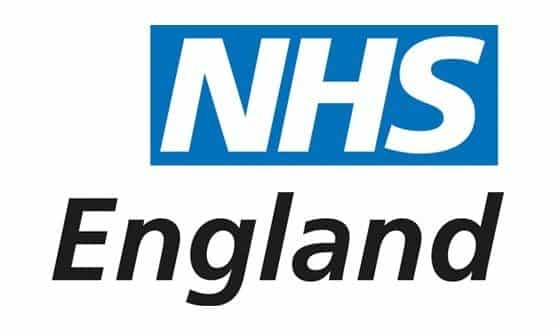NPfIT failures have left NHS IT “stuck”
- 24 January 2011

A new report by the NHS Confederation has criticised NHS technology for being similar to the “pre-industrial handicraft industry”.
The report blames the National Programme for IT in the NHS for creating scepticism about what technology can do for the health service.
‘Remote control, the patient-practitioner relationship in the digital age’ says the NHS has struggled with new technologies and that a combination of top down initiatives and a lack of local of engagement has meant that many have failed to take off.
The report says that while NHS IT development over the past decade was “characterised by immense ambition, so too was it marked by continual failure”.
It says that understanding these failures is vital and the first step towards creating a more digital NHS. However, it argues that many developers now see NHS IT as “stuck.”
The report, sets out to examine what a multichannel approach for the NHS should be for, what its goals should be, and how the channels should be realised, adds that many of the problems with the approach of NHS technology development arise from its size as a purchaser.
During the NHS Confederation’s research, many people said they were frustrated at the “vast scale of the organisation, which has centralised much of its IT development to a few very large contracts”.
Respondents also argued that skills, incentives for innovation and the leadership needed for local innovation had been hindered by the national programme.
The highly centralised approach has meant that local organisations have been reluctant to experiment and invest in technology, in case it later turns out to be incompatible with some part of the nationally designed model.
The report argues that if these significant problems can be overcome there is great potential for a multichannel NHS.
Opportunities include shifting from relying on face-to-face, telephone and postal interactions to more efficient electronic channels.
Moving to electronic channels would enable online booking to become the default option for arranging appointments in primary and secondary care.
Creating personalised medications management programmes could allow patients to link their prescriptions to their medical records.
The NHS Confederation praises recent government initiatives, such as the Information Revolution and the Liberating the NHS white paper for putting technology higher on the political agenda.
It also praises the government for “shifting away from the centralised model, which may allow for a greater degree of innovation.”
It adds that although many cultural barriers remain, and health practitioners “commonly underestimate” the ability of their patients to benefit from digital healthcare, the rise of internet use among the elderly, disabled and those with low incomes is a reason to be optimistic.
Nigel Edwards, acting chief executive of NHS Confederation, said: “The NHS struggled under the framework of 20th century ‘industrialised’ production; healthcare just didn’t fit into this model.
"The prospects under a digital economy are much more promising with the potential to the offer highly specialist care remotely into people’s homes and minor condition much more easily.”




